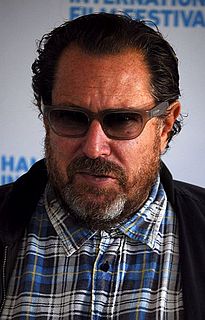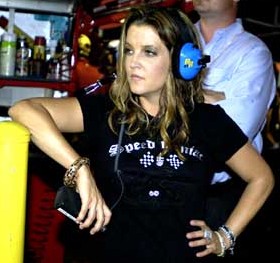A Quote by Brian Eno
The earliest paintings I loved were always the most non-referential paintings you can imagine, by painters such as Mondrian. I was thrilled by them because they didn't refer to anything else. They stood alone, and they were just charged magic objects that did not get their strength from being connected to anything else.
Related Quotes
I loved you so much once. I did. More than anything in the whole wide world. Imagine that. What a laugh that is now. Can you believe it? We were so intimate once upon a time I can't believe it now. The memory of being that intimate with somebody. We were so intimate I could puke. I can't imagine ever being that intimate with somebody else. I haven't been.
People are still making paintings. People are still enjoying paintings, looking at paintings. Paintings still have something to tell us. There's a way of being in the world that painting brings to us, that painters bring to the task that we absorb and are able to be in dialogue with. That's something that's part of us.
I had a visit from an artist friend who basically said, "Your paintings are wonderful. Now stop." It did resonate with me. It hit on the percolating need for change that was already there. I got a little push. I did a group of the paintings early on that were among the best. It was sort of beginner's luck with these.
My vocation is more in composition really than anything else-building up harmonies using the guitar, orchestrating the guitar like an army, a guitar army. ... I always felt if we were going in to do an album, there should already be a lot of structure already made up so we could get on with that and see what else happened. ... I always believed in the music we did and that's why it was uncompromising. ... I don't think the critics could understand what we were doing.
When I first started performing, some people were there just out of curiosity. I think that happens less often then you'd think, but when it is happening it's very obvious and I can tell what's going on. I had some of that in the beginning, but I think that ultimately I got a pretty strong fan base based on just my personality alone, and my honesty, my music. So it wasn't based on anything else, and I did notice if someone else came looking for something else, they'd probably leave, or complain it was too loud or something.




































